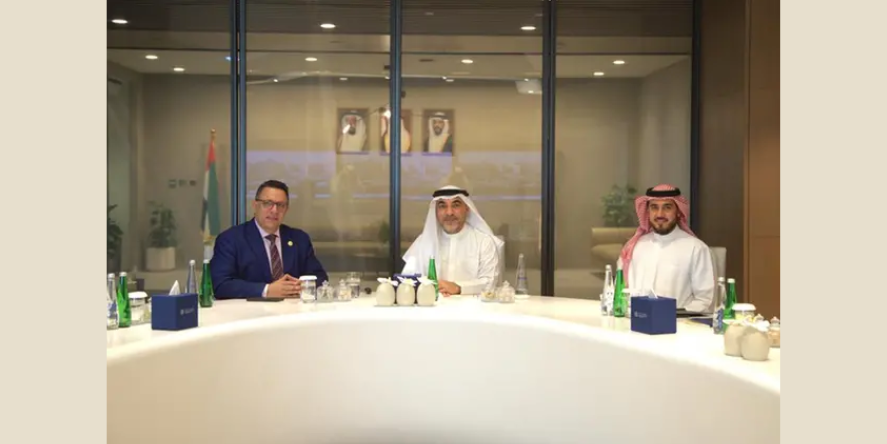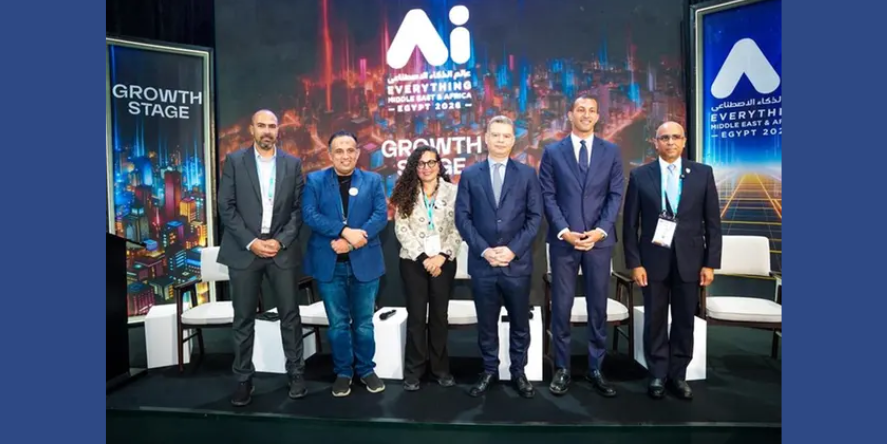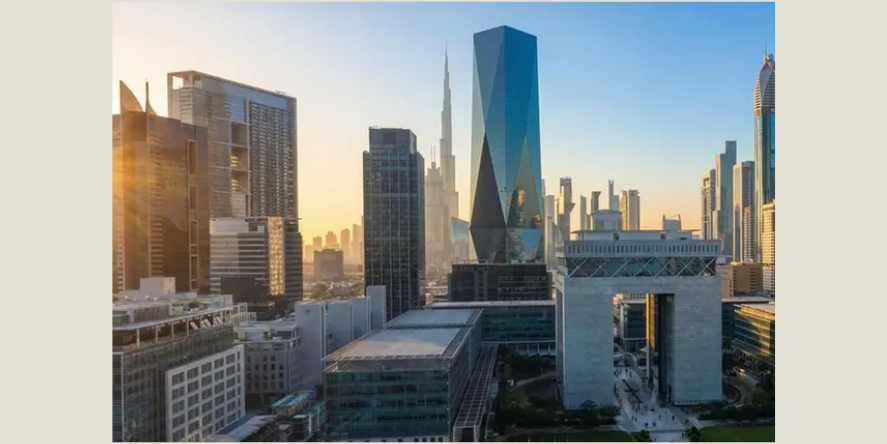By: –
For professional investors only – not for retail investors
Key Highlight: –
- Expectations of a relatively slow economic rebound are driving diversification strategies across the GCC, offering investors some less traditional routes to potential returns.
Abu Dhabi, 18 May 2021: Modest 2021 recovery forecasts for the GCC have increased the focus on diversification from the hydrocarbon sector, potentially opening up some less traditional growth opportunities, according to Aberdeen Standard Investments (ASI).
Many GCC governments are now pursuing reforms largely based on diversifying revenue away from the volatile hydrocarbon sector and improving the efficiency of state spending.
Investment experts at ASI believe this is fostering increased investment in areas such as financial and educational technology, which could offer new investment options.
Edris Alrafi, Head of Middle East & Africa for ASI, said: “Following the crash in oil prices in 2020, we are seeing a far-reaching transition among national oil companies in the GCC. This activity ranges from new strategies to diversify and decarbonise their activities and digitalisation of operations and services, through to automation of cybersecurity as part of a focus on asset integrity within the region’s oil and gas sector.”
Saudi Arabia is also making strides to diversify its economy by expanding the non-oil sector, coupled with public and private investments beyond minerals. And, in the UAE, there is a huge focus on the rescheduled Expo 2020 as a potential way to kick-start the UAE economy.
Investment experts at ASI are positive about the potential for tech-led growth across the region, based on investments in and the effective deployment of advanced technologies such as artificial intelligence, smart sensors, robotics and advanced material.
Edris continued: “There are definitely untapped areas of opportunity, but investors must be patient. Lockdowns coupled with lower public capital spending due to the pandemic, plus the associated impact on travel and tourism, have also weighed on the non-oil sector. The levels of growth we saw in 2019 are not likely to return until at least next year.”
Declining long-term liquidity from the banking sector combined with low interest rates have driven many companies in the power industry, as well as the oil and gas sector, to refinance their debt obligations by accessing the large pool of institutional investors seeking stable and long-term yields. There is additional potential coming from an increasing number of asset-backed transactions involving large infrastructure assets to attract low-cost capital.










